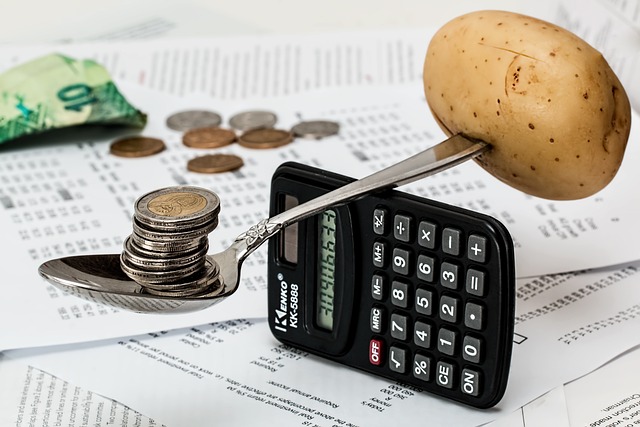Setting budget goals that work for you is easy when you have real and tangible financial targets to achieve. Budgeting for a home, new car or holiday is easy as you know the amount of money required. Budgeting for retirement is more difficult as you don’t know how much money you need, and you don’t know how long you will live.
Whether you’re a total beginner or a budgeting spreadsheet master here are some simple budgeting tips to follow.
Setting Realistic Budget Goals
Setting goals towards achieving a real outcome is best. Without real, tangible goals most people lose focus and fail to keep to their budget. A goal of spending less or saving more is not tangible and achieves little.
Set your goal on a real, tangible object like a car, house, holiday or education. There must be a clear outcome. A physical asset, holiday photos or diploma certificate that you can hold in your hand helps to make the budget real.
Record the goal in detail. If it’s a car, is it new or used, which make and model you prefer? If it’s a home, what area, how many bedrooms, garage, pool, etc.?
Starting a business requires a more detailed budget. Leasing costs, shop fit out, inventory, staff, utilities, finance and other expenses require an expense budget. A revenue budget is required for sales and service revenue.
Track Your Income & Expenditure
Income and expenditure must be recorded and analyzed against your budget. Otherwise, you won’t know what you are doing financially.
If your savings are constantly not meeting the budget, you will never save enough to make you goals reality. Saving too much can mean your budget is too easy and you will have excess funds available for investment.
Tracking your expenditure is important. Too much variance from your expense budget can mean you are spending too much money. Your savings will suffer, and you will not achieve your goals. Maybe your budget was too tight or incorrectly casted from the beginning. There may be seasonal factors that you didn’t take into account or there was an unforeseen car breakdown that caused you to vary from budget.
Maybe it’s that super convenient credit card that’s causing you to spend too much of your hard-earned money. Remove the credit card from your wallet and store it at home for a while. Can you live without the credit card? Maybe use a debit card instead to stop yourself spending money before you’ve earned it.
Identify your largest items of expenditure and try to cut the costs by 5 or 10%. Small reductions in expenditure can give large results to your bottom line (your savings).
Your budget should at least be monthly but shorter periods like weekly can be of benefit if you are paid weekly. Many banks provide a free budgeting app or software to help to get started. Once you have a monthly budget, multiply by 12 to create an annual budget. Now you will see how small expenses can add up quickly and impact your savings goals.
Mindfulness of the Environment Saves Money
There are many simple things that one can do around the home to reduce carbon emissions and help save our environment.
Turning off lights and unused appliances is the most obvious. Maybe it’s worth having sensor lights installed to automatically turn off when you leave the room. Most homes have several appliances in standby mode which consumes power 24/7. Try to switch off appliances at the wall to save electricity.
Instead of turning up the heater, wear more clothes inside your home. Heating is the most expensive component of your power bills.
Only operate your washing machine when you have a full load. Wash small loads of dishes by hand instead of using the dishwasher.
Install water saving taps and shower heads in the bathrooms.
Try to use your appliances during the day when the electricity is generated from solar and wind renewable energy.
Shop around for the best deal on electricity and gas supply. There are many comparison sites that help with your decision and keep the utility companies honest. Sometimes simply signing up for a 12-month contract can save you lots of money. Some will help you make the switch to a new provider free of charge.
Always Plan Your Expenditure
You will never stick to a budget if you are impulse buying consumer goods. Always plan your expenditure well ahead of when you intend to buy something.
When supermarket shopping, create a list before you go. Only buy what’s on the list.
However, sometimes it good practice to buy the bargains even though you don’t need the products now. For example, I purchase shaving razors only when they are on sale. I have too many razors at home. I will eventually use them all and I have saved a lot of money in the long term.
Once you have created an expenditure budget and you are working with it you will get better at budgeting. After a year of following your budget, you will be a budgeting master. You will know exactly how much money you need for all your basic items of expenditure. Creating future budgets will be a breeze.
Final Advice
All successful businesses and wealthy individuals use budgets. Otherwise, they wouldn’t be wealthy and successful. Budgeting is one of the key elements to financial success. If you are serious about increasing your personal wealth and attaining financial goals, you must budget your income and expenditure.


